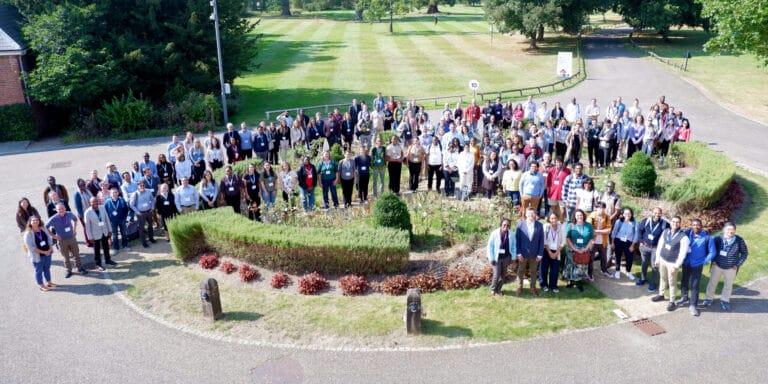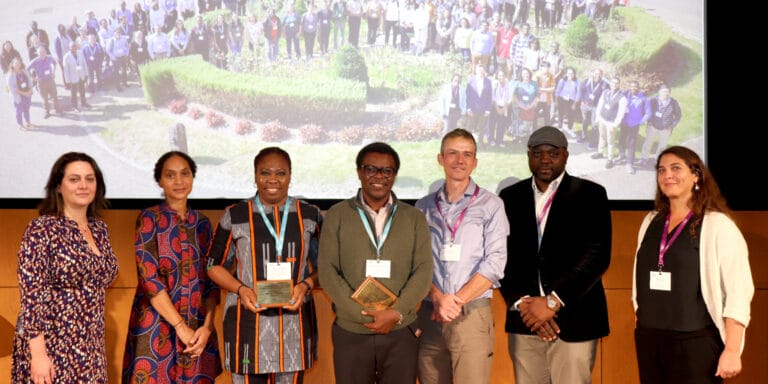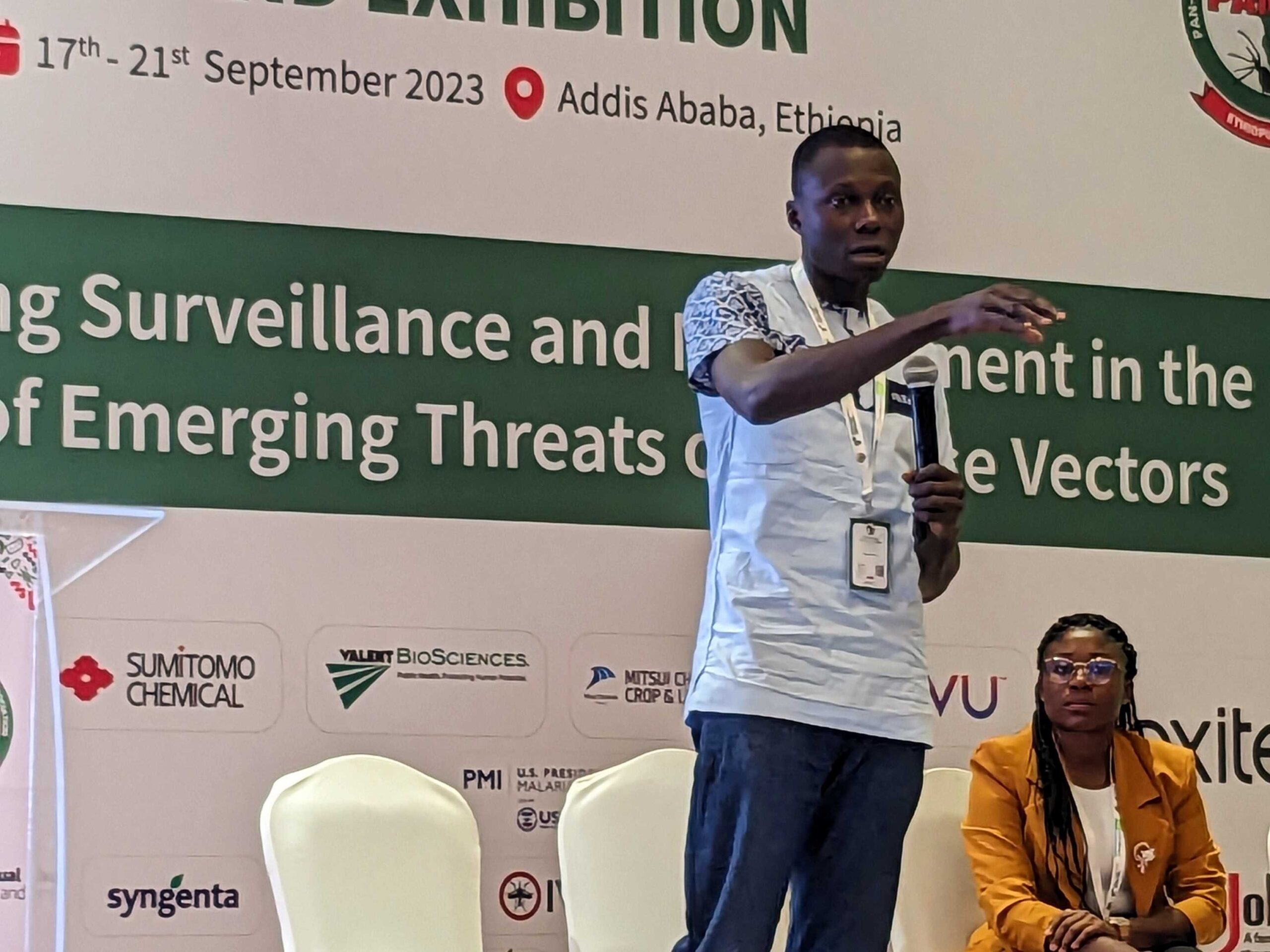
“With malaria, things are always changing and this is a challenge. We have to meet this challenge. This is very important to me.”
Mahamadi Kientega is clear about what drives his PhD research. He is in the Ethiopian capital, attending the Pan-African Mosquito Control Association (PAMCA) annual conference to present his work into the mosquitoes of west Burkina Faso.
Part of an enthusiastic young team headed by Prof Abdoulaye Diabaté, Mahamadi is based at the Institut de Recherche en Sciences de la Santé (IRSS) in the city of Bobo-Dioulasso. The team’s research explores how cutting-edge genomic tools can contribute to the fight against malaria in frontline countries like Burkina Faso.
Mahamadi’s recent work investigates how the genetic variations causing insecticide resistance are evolving in Anopheles gambiae mosquito populations over time. It is urgent work with potential real-world impacts. “We can use these findings to advise our authorities on whether they might want to move from one tool to another tool,” he explains.
Watching resistance emerge
Mahamadi used whole genome sequence data from MalariaGEN’s Ag1000G project from three villages in west Burkina Faso. He looked at three distinct species within the Anopheles gambiae complex, a cluster of closely related mosquito species linked to the majority of malaria deaths in Africa. Within these mosquito genomes, different types of mutations were studied across different genes, all known to be related to insecticide resistance.
The conclusion is that Burkina Faso’s malaria-spreading mosquitoes are fast becoming immune to the chemicals that used to kill them. That includes the pyrethroids deployed to great effect in bed nets for many years, but also threatens to undermine more recently introduced methods such as pirimphos-methyl-based sprays used to coat surfaces inside buildings.
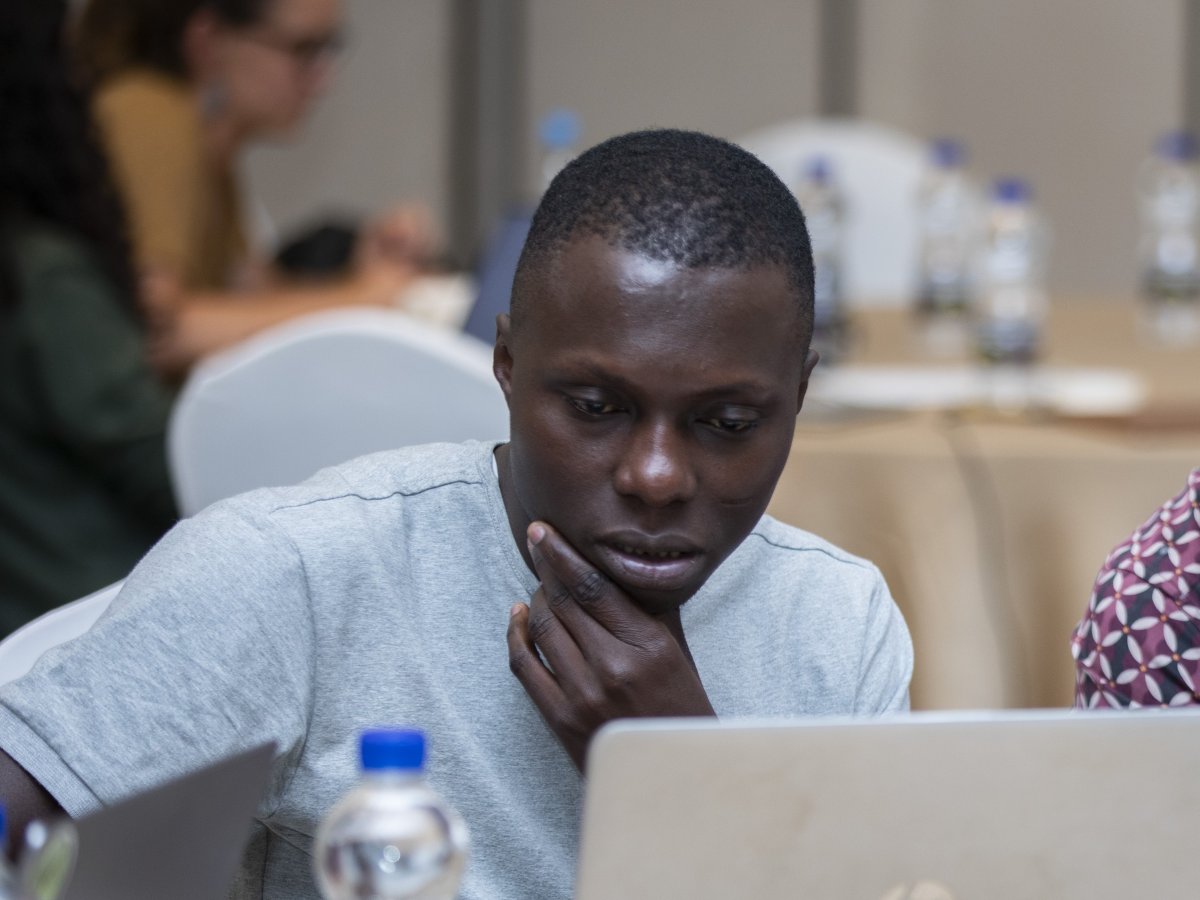
Mahamadi looked at genomic data over five years, from samples collected between 2012 and 2017 originally as part of the Target Malaria initiative to develop gene drive interventions in malaria mosquitoes. This dataset enabled him to plot how insecticide resistant variants emerged over time. Some genetic variants were already present, appearing in most mosquitoes from the start of the data series. Some were prolific in one mosquito species but not in another. Other variants exploded during the study’s time period, for example one related to organophosphate resistance grew in frequency from 15% of samples to over 65% by 2017. And in one case, an existing mutation linked to pyrethroid resistance seemed to be being replaced by a new double mutation.
This is a clear example of how genomic surveillance might be used to flag genetic changes – and therefore potential threats – as they emerge. It also shows how the genomic picture underpinning insecticide resistance is incredibly complex. Understanding this complexity is essential in supporting local malaria control decisions, where the choice of insecticides used will differ depending on the species of mosquito, location, ecology, and other factors.
Learning in the field
Mahamadi is keen to participate in all aspects of the research. “I don’t want to be in an office from morning to evening,” he explains. “I want to be in the field, in a lab, learning mosquito biology.”
This instinct isn’t simply a preference for being outdoors. “The interesting thing I learned in the field is that when people do fieldwork they understand the malaria problem, vector behaviour, how mosquitoes breed. If you just read what people are publishing, sometimes there are some things you cannot understand.”
Among the examples he gives are the collection and transportation of mosquito larvae. “In 2017, at the start of the rainy season, we were collecting larvae in the northern part of the country. And it was hot, about 35 degrees. If you’re trying to take the larvae to Bobo [where IRSS is based in the west] it is far, around 400 kilometres. Sometimes, you have to stay overnight in [the capital] Ouagadougou and then go on to the lab.”
The team found a solution, surrounding the bottles in which larvae were stored with ice. Tissue paper helped secure the ice and regulate the temperature of their precious cargo.
School project to PhD
How did Mahamadi begin his journey into malaria genomics? As with so many lifelong passions, it began with a particular lesson at school.
“In my second year of secondary school we had a teacher who asked us to do group work. She gave us these topics, told us to find information and to come and present it. I was part of a group working on trypanosomiasis (sleeping sickness). And there was a group working on malaria, and also on onchocerciasis (river blindness). I found it very interesting to get this information on the burden, the death, and how to manage the vectors and the parasites. I knew this area would be interesting for me.”
Mahamadi has been studying deadly parasites ever since. During his masters degree in medical parasitology, one lecturer told the students how he was travelling around Burkina Faso collecting mosquitoes. This appealed to Mahamadi, who quickly focused his studies on malaria.
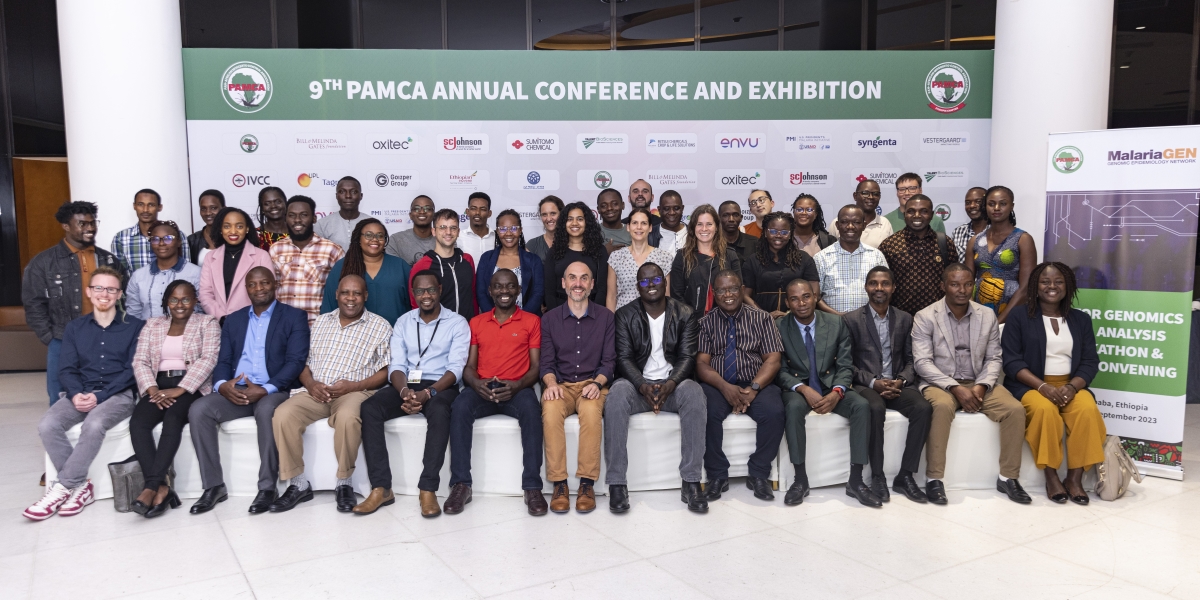
He continues to take opportunities to sharpen his scientific skills. In 2022, Mahamadi joined the pilot of PAMCA and MalariaGEN’s data analysis training, which included a series of eight workshops and has since spawned two in-person hackathon events. This fitted well with Mahamadi’s research project.
“As part of my PhD we had this great data set and my supervisor suggested we analyse it to find interesting results. I had some knowledge of [the programming language] Python and this helped me to work with the data. The training with PAMCA and MalariaGEN also helped me accessing the data, analysing, making plots, and communicating it in a report.”
“My long-term dream is to run these kinds of analyses here in Burkina Faso. We have to develop our capacity. And if we learn something, we have to bring it to our country and train our young people, so we can keep working together to end malaria.”

